From charity to good lobby
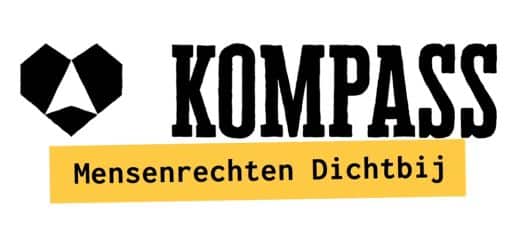
A special Africa Day workshop!
Everyone should be able to influence laws and policies. Not only big companies, but also ordinary citizens. Only when everyone can represent their interests can politicians and administrators make good decisions. Unfortunately, it is difficult for people without money, time and experience to find their way through the political maze. That is why civil rights organisation Kompass, in cooperation with the Lobby Local Foundation, helps you get closer to (local) politics. Are you a local initiative, civil society organisation or concerned citizen committed to human rights, vulnerable groups or social cohesion and struggling with a lobbying question? Come along to our lobbying hour and start as a citizen lobbyist!
SPOKENWORD lunch programme Africa Day
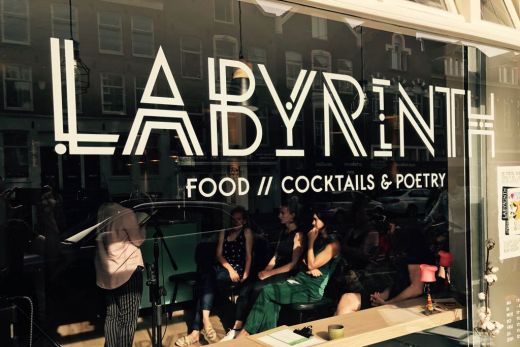
During Africa Day on 14 April, you won't have to be bored during the break either. The soul food, cocktail and poetry bar Labyrinth will host a lunch programme with spoken word.
Programme Africa Day 2018 announced. Order your tickets now!
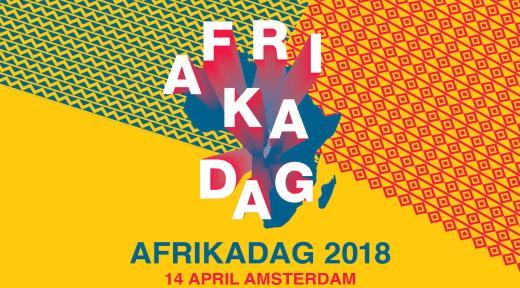
Saturday 14 April marks Africa Day 2018: the event on Africa and international cooperation at KIT in Amsterdam, organised by FEPS and FMS. This year, the theme of the day is new activism. Because even though traditional power is still often closed, activists often know how to bring about change. Who speaks more from the heart about this than activists themselves? With Moses Isooba of the pan-African movement Africans Rising and only 27-year-old Tikhala Itaye from Malawi, the day immediately gets a great opening. Cherry-fresh editor-in-chief of OneWorld, Seada Nourhussen, will interview these two activists to hear all their experiences!
The Netherlands and the SDGs: where do we stand?
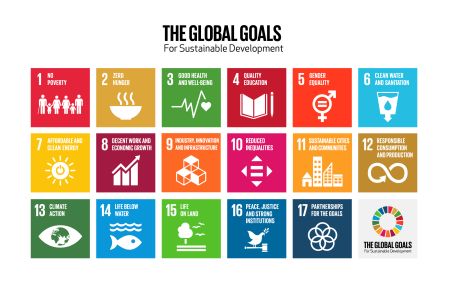
7 March, at the initiative of Partos, MVO Nederland and the SDG Charter, a dynamic group of people met in Nieuwspoort to discuss how sustainable the current response agreement actually is. After 436 organisations and companies called on the Rutte III government in 2017 to include the Sustainable Development Goals (SDGs) in the coalition agreement, the yield seemed extremely meagre. There is exactly one reference to the SDGs in the coalition agreement, under the heading development cooperation. This while the SDGs are universal and therefore also simply apply to the Netherlands. So it is up to the rest of the country to hold up this mirror to the Dutch government.
A new era for Zimbabwe?
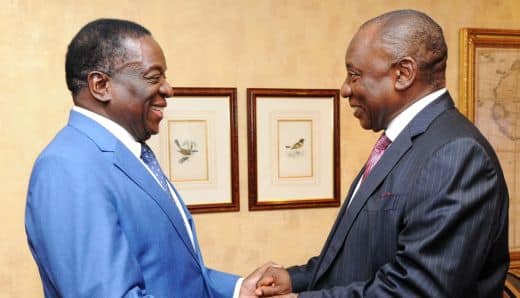
"The question we do not know the answer to is: does leadership change also mean a regime transition?" Recent events in Zimbabwe may mark a 'turning point' for southern Africa as a whole. But is the leadership change from Robert Mugabe to Emmerson Mnangagwa enough for that? A well-attended event called "A new era? Understanding Zimbabwe's transition" took place, where this question was discussed under the watchful eye of an interested audience and specialised panel. ASC director Jan Bart Gewald kicked off the meeting with a personal account of his own experience and affinity with Zimbabwe. He called the recent events of November 2017, growing up as a boy in 1960s criminal Rhodesia "close to his heart".
President Putin's re-election
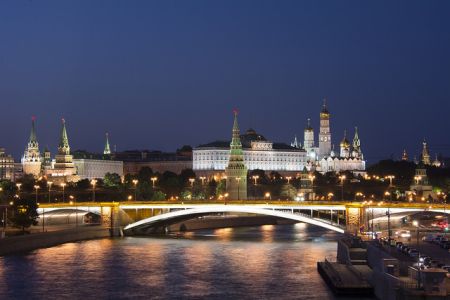
In Russia, the eight final candidates who will compete in the 18 March elections have been known for a few weeks now. There is something for everyone: from communist to liberal, from nationalist to ultra-nationalist, from ideological candidates to those with no ideology at all. However, it will not matter much, as the outcome is a foregone conclusion: a fourth term for President Vladimir Putin. And yet it takes quite a lot of effort to register as a candidate at all: you have to collect hundreds of thousands of signatures and comply with all sorts of strict rules, and if you are in opposition, you generally have little or no financial resources to do so. So who are these people who nevertheless try so eagerly and hard to stay in the race, and why do they do it?
The status of Jerusalem: a historical perspective
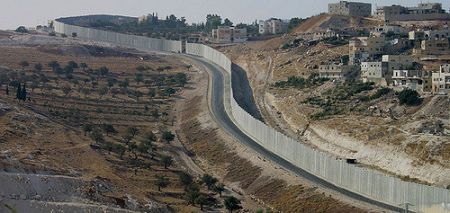
The status of Jerusalem is one of the most contentious issues in international relations. Different political and legal definitions make pronouncements on sovereignty over Jerusalem difficult. US President Donald Trump's decision has therefore not improved the situation, according to many analysts. The announcement that the US embassy is moving from Tel Aviv to Jerusalem, with Washington officially recognising Jerusalem as the Israeli capital, caused a stir. Israel seems pleased, the Palestinians are furious and the international community is upset. But how much weight does this decision carry? Most events do not take place in a vacuum. They fit into a historical process. What about this for the recognition of Jerusalem?
Will Chameria be the next Balkan conflict?
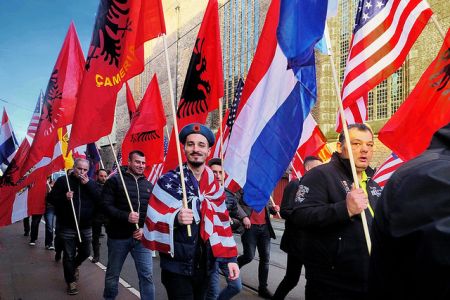
On Tuesday, 6 February 2018, the European Commission presented the European Union's enlargement strategy with the Western Balkan countries. The Commission has now prepared an outline with a directive for possible accession of these six countries.
Looking differently at the other/the Other
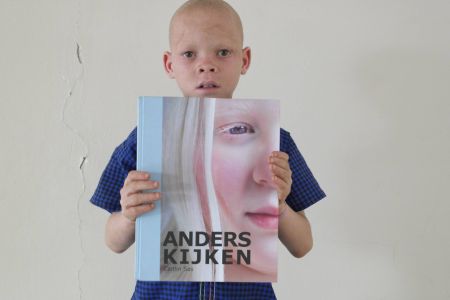
Are you aware of the norm? Are you aware through whose eyes you are looking? And who you are including and excluding with this gaze?
Some questions for critical reflection and introduction to a project that aims to change the cultural normative gaze through positive attention to the Other.
The Africa Day Hub
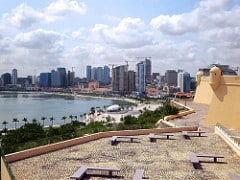
Get informed by the Africa Day Hub! Hub with fun facts and trivia about Africa.

